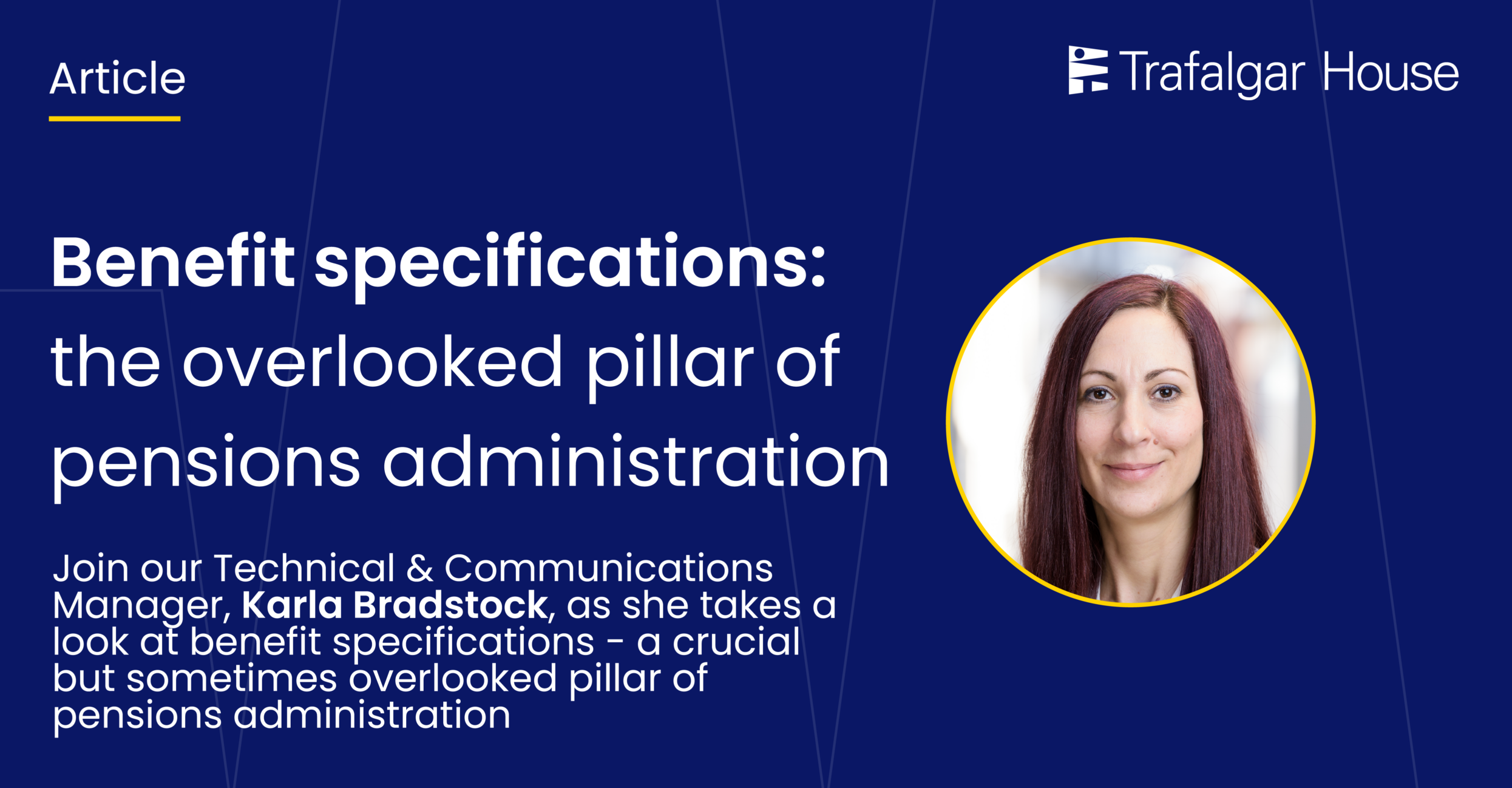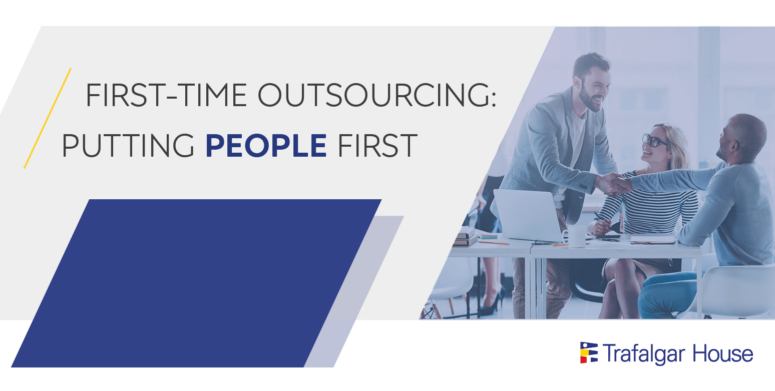

Paperless Pensions
We probed the perspectives of more than 2,000 pension scheme members, including many who haven’t yet retired, and explored their views and willingness to ‘go digital’. For this group, maintaining contact with their schemes is essential, as they need to make key decisions about their future retirement benefits. Our research asked how willing they are to access this pension information digitally.
Willing to go paperless?
- 32% already receive their pension communications digitally
- Of the remaining group, more than half (58%) are fairly or very willing to change to fully digital communications
- Almost a quarter (24%) are either fairly or very unwilling to change
- The remaining 18% are not sure either way
Predictably, the younger cohort aged 25 to 34 showed the most enthusiasm for transitioning (66%), while those over 55 were less eager, at just 53%.
How often do you access your pension online?
- A few times a year – 318 – 26.5%
- Never – 235 – 19.6%
- Once a year – 229 – 19.1%
- Less than once a year – 181 – 15.1%
- At least once a month – 114 – 9.5%
- Don’t know – 123 – 10.2%
While gender differences were minimal, a slightly higher percentage of women had never accessed their pension online (21%, compared to 18% of men). Also, a larger percentage of women (13%, compared to 8% of men) were unsure about how frequently they accessed their pension online.
You might assume that those who have never accessed their pension online belong predominantly to the older generation. However, the data presents a different picture. The age group least likely to have ever accessed their pensions online is the youngest, 18-24, with 29% having never done so, compared to 17% to 20% in all other age groups. Paradoxically, it is the over 55s who most frequently access their pensions online, with 43% doing so at least once a month or a few times a year, far surpassing the youngest group’s 28%. This could be attributed to the pressing need for older members to contemplate their imminent retirement, a consideration that the youngest members may not yet deem a priority.
Is trust in pensions a factor?
Our analysis delves into the relationship between the frequency of engagement with online pension tools and the degree of trust individuals place in the pensions industry. A clear pattern emerges: those who expressed outright mistrust in pensions also reported the highest incidence of never accessing their pensions online, at 28%. Those with a somewhat lesser mistrust followed closely at 23%. Contrastingly, among the group expressing a high level of trust, a mere 3% never used online access.
In the high-trust group, a significant 71% view their pension online at least once a month or a few times a year, a rate that predictably dwindles with declining trust levels. Interestingly, among those with no trust in pensions, a higher percentage (13%) still check their pensions online monthly, surpassing the rates of both the somewhat trustful (8%) and the mildly distrustful (5%) groups. This finding suggests that distrust does not necessarily equate to disengagement, hinting that heightened vigilance might be the byproduct of mistrust in the industry.
Why have you never accessed your pension online?
Having looked at the frequency of members accessing their information online, we now switch to the group that has never done so – and ask why this is the case?
- Don’t know how – 37%
- Not considered – 28%
- Not interested – 12%
- Not offered – 10%
- Too complicated – 8%
Almost double the number of women (48% compared to 25% of men) were unsure how to access their pension online, whereas more men (17% compared to 8% of women) simply lacked interest.
How supportive would you be of a default change to digital-only comms?
- Very supportive – 13.2%
- Fairly supportive – 22.1%
- Neither supportive nor unsupportive – 18.7%
- Fairly unsupportive – 7.7%
- Very unsupportive – 17.0%
- Don’t know – 21.3%
This is again focused on the group who have never accessed their pension online. Female respondents were keener for this move to take place, with 44% either very or fairly supportive – compared to just 26% of men. Conversely, 29% of men were fairly or very unsupportive, compared to just 19% of women.
As with their willingness to change to digital comms, the 25-34 age group were most positive (52% fairly or very supportive) of a default change, with the over 55’s most negative (39% fairly or very unsupportive).
Would you opt out if communications became digital by default?
So, if a default change did come, what would members do – would they actively decide to return to hard copy information?
- Definitely – 11.1%
- Probably – 13.6%
- Probably not – 20.9%
- Definitely not – 28.9%
- Don’t know – 25.5%
Again, female respondents were more positive overall – with more than half, 53%, saying they probably or definitely wouldn’t opt out (compared to 45% of men). This also meant that more men were more likely to seek an opt out (28% definitely or probably would) than women (22%).
Once more the seemingly most engaged age group of 25-34-year-olds led the way in positivity, with 64% saying they wouldn’t opt out. Perhaps not willing to make a change ahead of retirement, 34% of the 45-54 age group and 35% of over 55s said they would avoid going digital.
In conclusion
Around one-third of members already engage with their pensions online, many regularly. Even among those who don’t, a majority would support a digital switch.
For any trustees debating or unconvinced by a digital transition, the evidence is persuasive.
The financial services sector has long been moving towards digital engagement, and pensions are following suit. Implementing and promoting a digital communication platform offers trustees an effective way to engage with pension scheme members across all demographics. Moreover, this approach is increasingly viewed by members as the preferred communication method.


